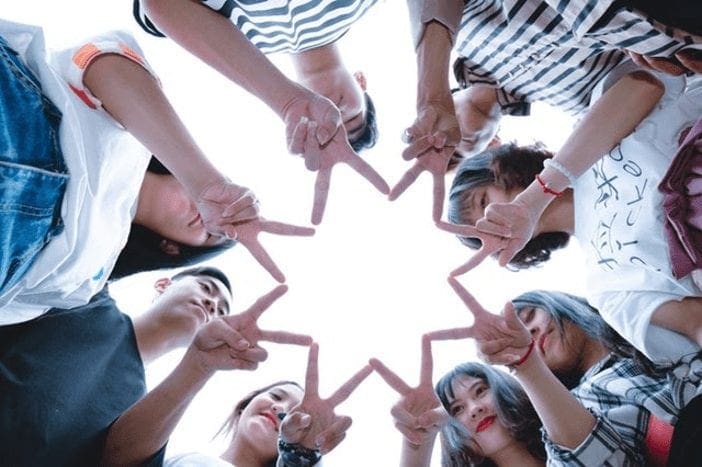
The idea of using escape rooms as team building activities is no longer unheard of these days. However, that doesn’t make them any less challenging and surprising for employee teams. A lot of these rooms can have puzzles that seem so different from the challenges in the workplace. How does one group quickly adapt and coordinate to face such unexpected, unfamiliar tasks?
The truth is learning to cooperate quickly isn’t necessarily about the specific details of solving every puzzle. It is about having an instinct to work effectively as a group.
Have you ever watched a team you admire (whether it’s one in sports, big business or even in fiction) and are just amazed by their capacity to coordinate themselves towards finding solutions? It is almost as if their minds are somehow linked, isn’t it?
The truth though is that you don’t need everyone to be psychic in order to accomplish such a feat. Here are three habits that can get you started:
1. Learning cooperatively.
Gathering information, processing it and then translating it into effective actions is what learning is about. Therefore, it is just a matter of having everyone do this process as a group instead of an individual.
Groups that have grown to work well together often rely on each other to gather information in a pre-defined area of any challenge. In escape rooms, it involves each person automatically looking in areas where others aren’t searching in. All the while, the group leader takes center and is prepared to receive and consolidate any information about clues and does most of the work piecing it all together.
In a way, learning cooperatively also means learning to trust that your teammates can do the job of getting information in their respective area and staying focused on bringing in your piece of the puzzle.
2. Knowing each other’s thinking styles.
If you want your group to think in sync, then you need to understand how your teammates think individually. Knowing the roles that each member plays is just the beginning.
This is where the experience of working together can be very valuable for a team’s success. When you have worked together with certain people for a while, you familiarise yourself with the sort of ideas they can come up with. For example, you can expect one person in your group to think of just doing one thing at a time, while another has a habit of seeing a clue from different angles than most.
And on the flip side, you also start developing a sense of their limits. A visual thinker may be unable to come up with an answer to a riddle, but a verbal thinker might. A group that cooperates instinctively has members who always know how to optimally arrange themselves with that in mind.
3. Affirming common goals (and values).
Lastly, one must always remember the importance of the shared goal. After all, survival is often the most basic trigger of instinct. So, if you want cooperation to be an instinct, a group must always remember that they all have a stake in the challenge.
More often than not, the reason teamwork fails is simply because at least one member of the group is not as invested in a shared goal. This can be due to a number factors such as not seeing as much value in it, or having more conflicting priorities.
That is why it is important to lay this out and get everyone on the same page. Do not wait until the middle of any challenge to find out that certain members are mismatched in terms of goals!
All in all, it certainly helps to practice working together as a team in order for members to do it as second nature. But with the above three points in mind, you already have a foundation to stand on no matter unfamiliar a challenge can be!
Come and do Elude Escape rooms eludegames.com.au/book-now

